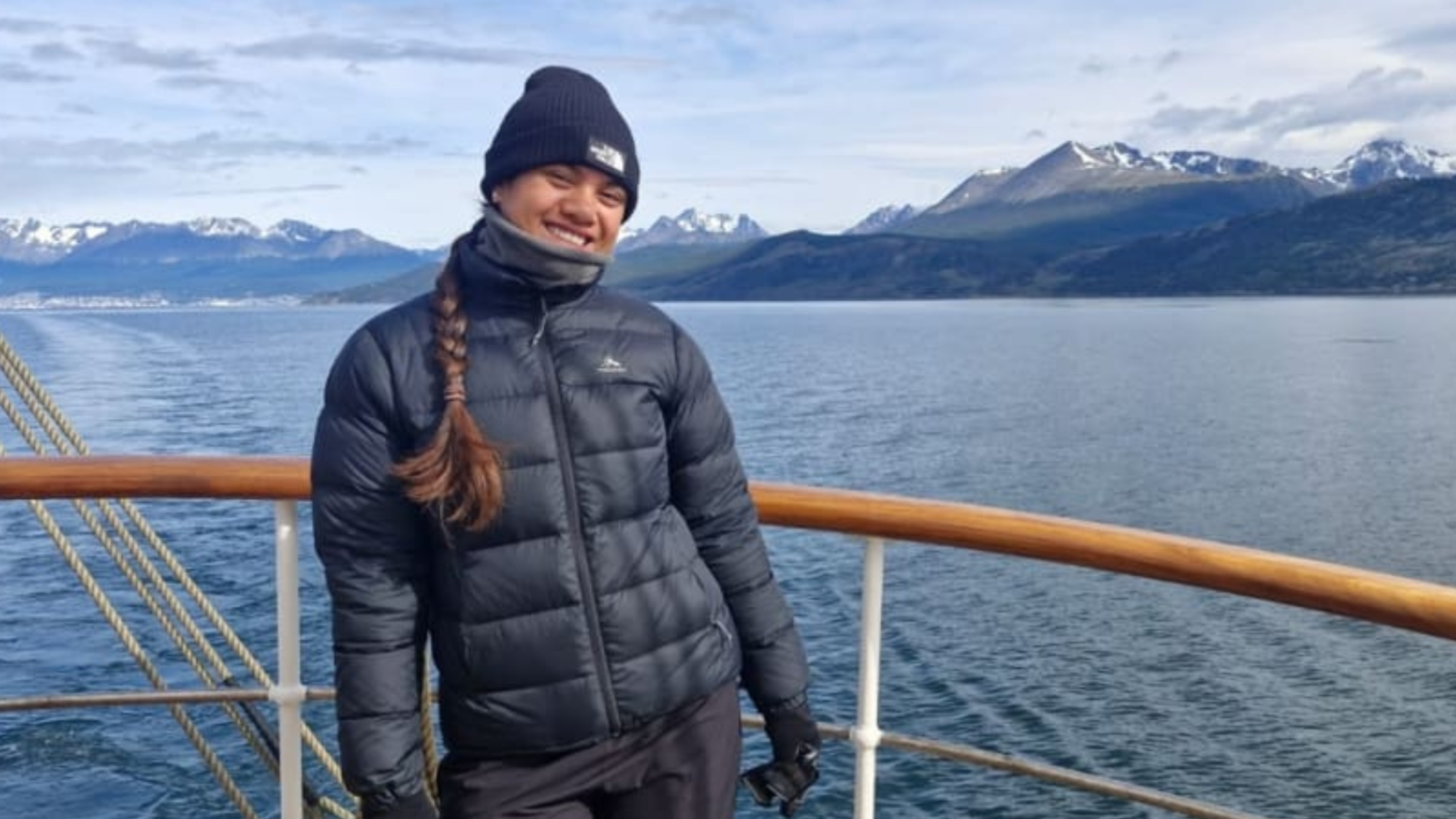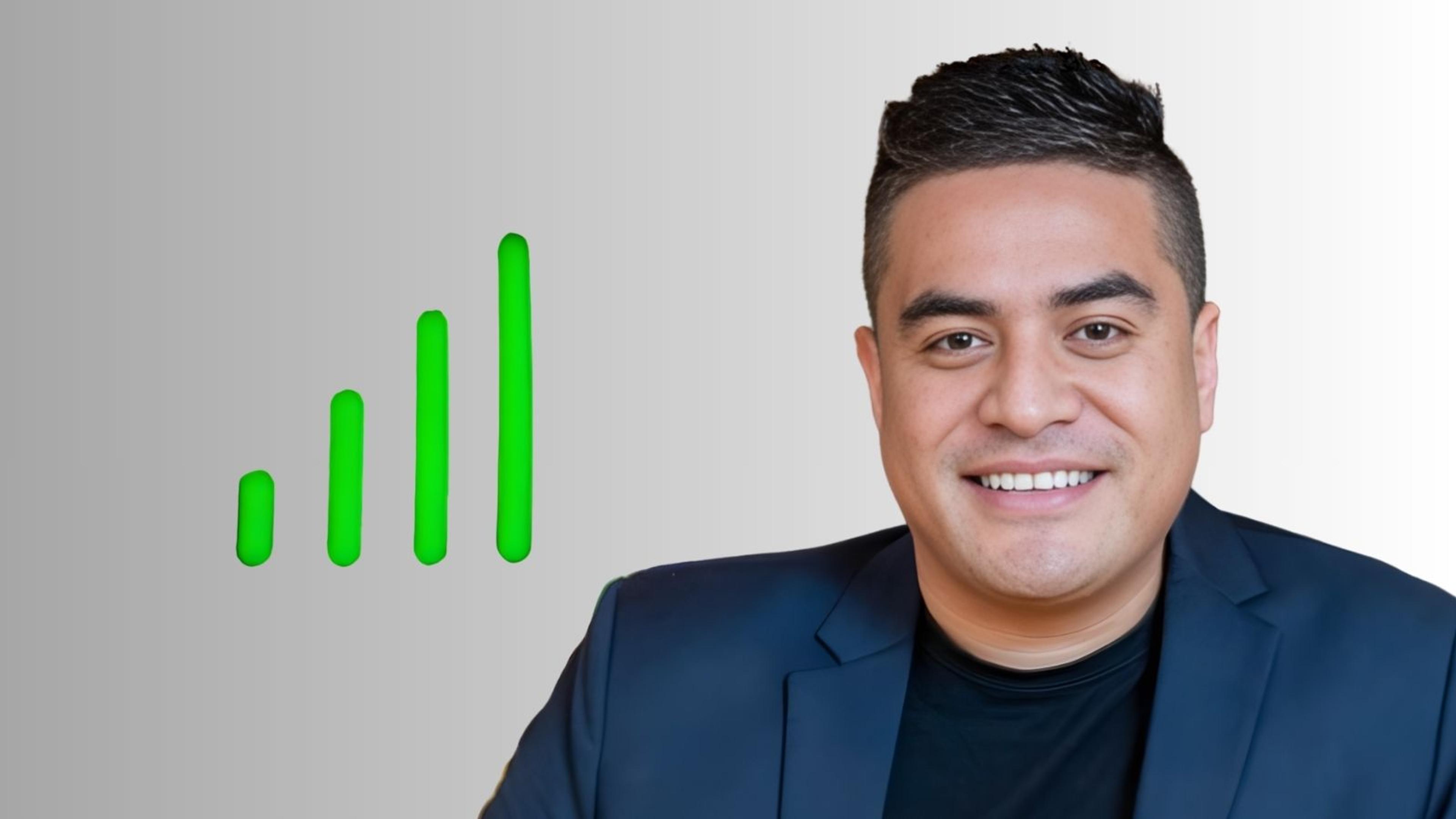

Journalist and English professor Emily Drew.
Supplied
Beyond-borders approach needed for diplomacy and democracy
An Emmy-award winning journalist says the industry needs to maintain trust, diversity and holding leaders to account.


From Ōtara in NZ to Antarctica: Pasifika youth sail on a life-changing expedition

Final Call: Thousands urged to check phones before mobile 3G network disconnection


Kiribati man swept away in river found dead after major search

From Ōtara in NZ to Antarctica: Pasifika youth sail on a life-changing expedition

Final Call: Thousands urged to check phones before mobile 3G network disconnection

Mass shootings, terrorist attacks, lead poisoning of thousands of children in Michigan, these are all in a day's work for Emily Drew.
The three-time Emmy award winning journalist’s career has spanned print and television, newsrooms in Taiwan, China, and the United States and she joined William Terite on 531pi’s Pacific Mornings to discuss the future of journalism and how the US elections impacts the Pacific.
Drew is now the James K. Batten Professor of English at Davidson College in North Carolina, and says balance and cultural insight is crucial in covering race-based issues.
“It’s almost become considered rude to talk about these big issues that are so important to our daily lives.
“We need more conversation. We need to engage more people that don’t think like us.
Drew was awarded an Emmy for breaking news coverage of protests following the murder of George Floyd, and said it was a turning point for race-based reporting and drawing attention to the underlying issues.
“We have some major history to deal with in the United States, and it's been coming out in news stories in really tragic and horrific ways with repeated police violence and with repeated neglect of many communities in the United States.
“Historically African-American and historically have not been given the resources, the attention that other taxpayers get.
“Especially in the George Floyd protests, we saw this mass dissatisfaction with the treatment of African Americans and people of colour in the United States.”
Drew told Terite it is also important to choose what narrative or voices are used to teach history or tell a news story.
“Racial histories are tied to our behaviours and our structures in our society today. It doesn't need to be something that is so feared, right?
“So in the United States, at least, we're seeing this public fear of having discussions in our daily lives, it's considered rude in our classrooms with the fight over how we're going to teach our history as a nation, and it's bleeding into a lot of other facets of our political discourse.”
In local news we trust
A 2024 report by AUT’s research centre for Journalism, Media and Democracy showed only one in three New Zealanders trust the news, but South Island stalwart Otago Daily Times had the highest trust score.
Drew said there are similar trends in the United State with the rise of fake news and misinformation, but trust in local news is surprisingly high.
“We find that when local news is thriving, corruption goes down in local governments, in local schools. If the citizens know that information, they’re going to put a stop to it and elected officials and other folks in power are not going to be abusing the system because they’ll know that they have a check on them.”

A map showing parts of the United States with no local news coverage. Photo/USnewsdeserts.com
Drew said smaller newsrooms may need to look at other funding models such as fellowships and grants to stay afloat.
“We have this new phenomenon in the United States, called news deserts, where newspapers have closed their doors often because they were bought up by hedge funds or because they simply ran up advertising dollars as they had to try to compete with the internet.”
“We're also seeing in local news television stations, takeovers by national media organisations that are more right or left leaning, so we're seeing that kind of the national mission creep of being politicised moving into local news stations, and that’s not a good thing.”
Going global
The United States will hold their presidential election in November, and Drew hoped political relationships with the Pacific would be continued.
“I'm a big believer in diplomacy generally, and in the public discourse, not just being confined to our citizenship or to our borders. And so I would love to see more conversations and more interactions between the US and other countries in the Pacific region.
“I'll be very curious to see how the US relationship in the region changes, no matter who is elected.”
Watch Part II of the interview on Pacific Mornings with Emily Drew: